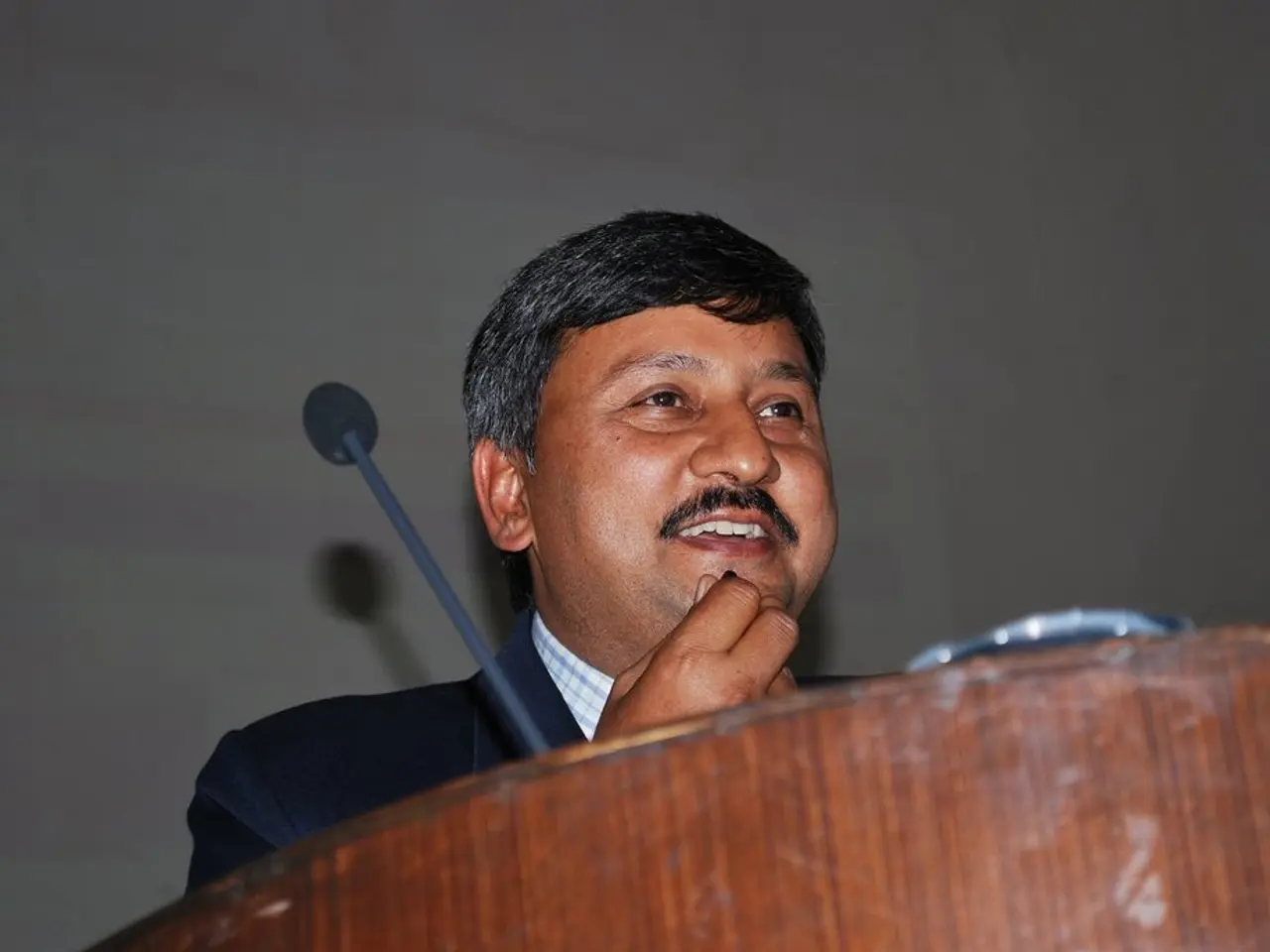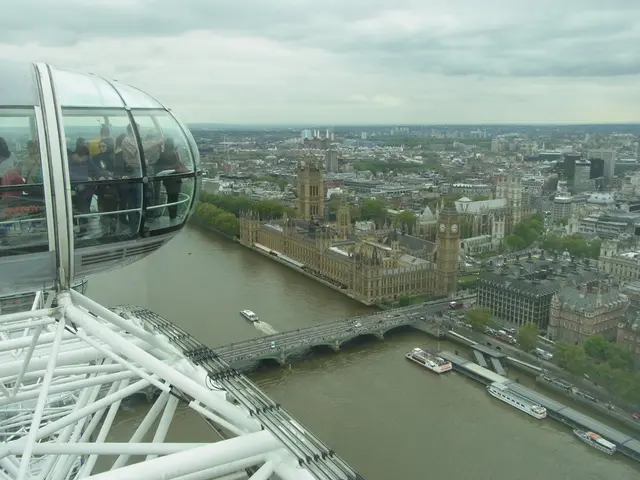Ranking of the World's Most Highly Compensated Presidents in 2025
In the realm of global politics, the wealth of leaders like Paul Biya in Africa remains shrouded in a veil of transparency. However, the salaries of heads of government in major economies offer a glimpse into the economic strength of their respective countries.
Justin Trudeau, Prime Minister of Canada in 2025, will earn a total of CAD 406,200, a reflection of Canada's economic stability. On the other hand, Fumio Kishida, Prime Minister of Japan in 2025, receives a yearly salary of $256,000. In Singapore, Prime Minister Lee Hsien Loong earns about $1.6 million annually, a testament to Singapore's high GDP per capita and emphasis on competitive compensation to attract capable leaders.
Salaries among world leaders vary significantly due to factors such as their country's economic wealth, cost of living, political system, and the leader’s personal investments or wealth background. For instance, Saudi Arabia’s Mohammed bin Salman, who is in a wealthy oil-based economy, earns $1.4 million annually. In contrast, Mexico’s president earns around $108,000 annually, reflecting Mexico’s lower average income levels.
Other contributing factors include personal wealth and investment, economic conditions and inflation, role and scope of responsibility, government policies and transparency, and geopolitical factors. Cultural attitudes towards public officials’ compensation also play a role in determining salaries.
For example, Lee Hsien Loong, former Prime Minister of Singapore, continues to be the highest-paid former leader in the world in 2025, receiving a generous pension. Emmanuel Macron, President of France, receives a salary of $205,000, adjusted for inflation and the state of the economy. Cyril Ramaphosa, President of South Africa in 2025, will receive a salary of 4.2 million South African Rand.
In Germany, Olaf Scholz, Chancellor in 2025, earned $367,000, while Rishi Sunak, Prime Minister of the United Kingdom in 2025, earns a total of $214,470, which includes his salary as Prime Minister and Member of Parliament.
It's worth noting that heads of government in these countries also receive benefits such as official residences, vehicles, security, and travel allowances. Moreover, they are eligible for pensions based on their length of service. The highest salary for a sitting head of government in 2025 is approximately $1.7 million USD.
However, transparency regarding the wealth of leaders like Paul Biya in Africa remains elusive, making it challenging to compare salaries on a global scale. Some leaders, like Vladimir Putin and Mohammed bin Salman, have substantial personal wealth independent of their official salary, complicating basic salary comparisons.
In conclusion, salary disparities among world leaders reflect a combination of national economic status, government policy, personal wealth, geopolitical factors, and cultural attitudes towards public officials’ compensation.
World leaders' salaries can be influenced by various factors, including a country's economic wealth, cost of living, political system, personal investments or wealth background, and geopolitical factors. For instance, Prime Minister Lee Hsien Loong of Singapore earns about $1.6 million annually due to Singapore's high GDP per capita and emphasis on competitive compensation. Conversely, transparency concerning the wealth of leaders like Paul Biya in Africa remains unclear, making it difficult to compare salaries on a global scale, as some leaders, such as Vladimir Putin and Mohammed bin Salman, possess substantial personal wealth apart from their official salary.




